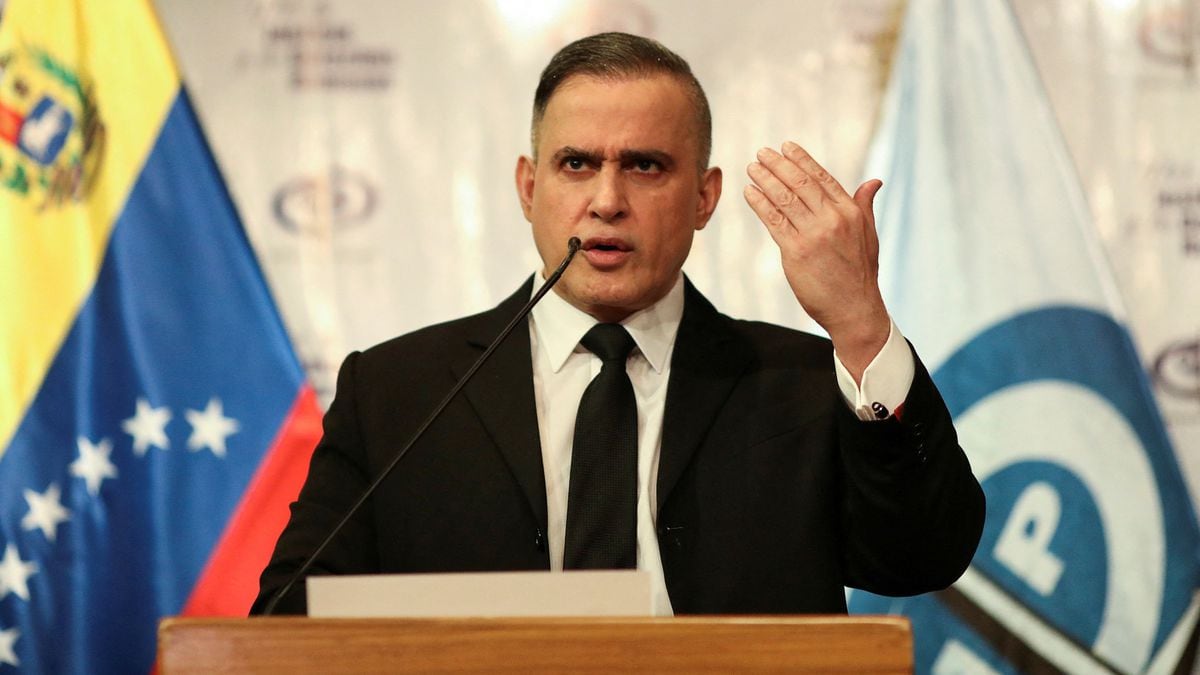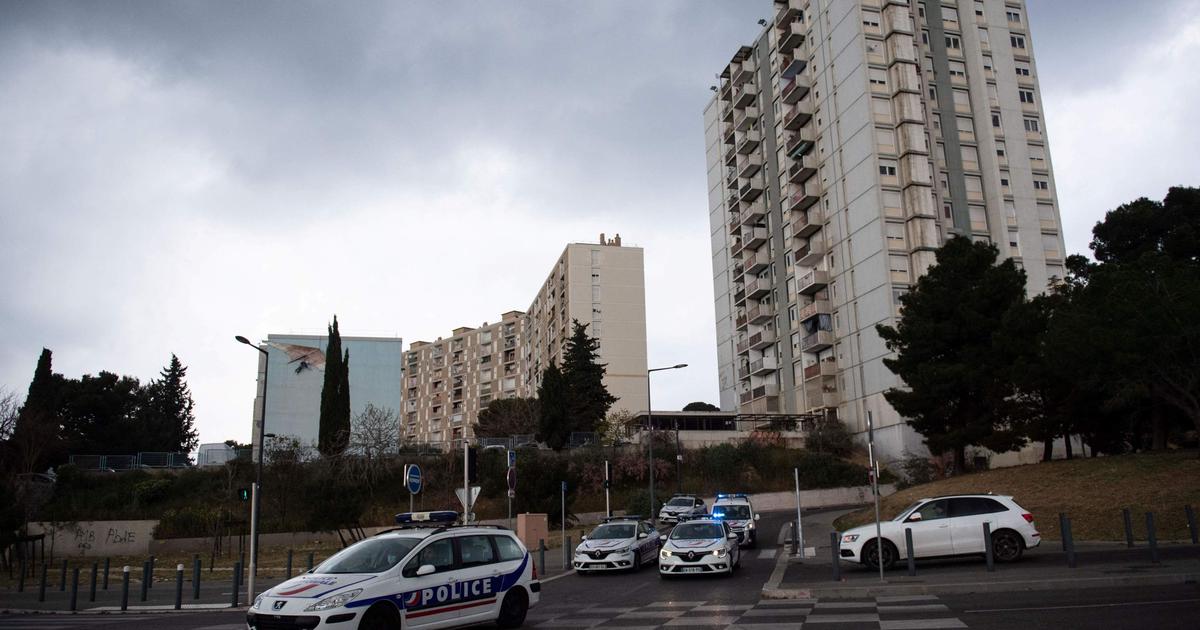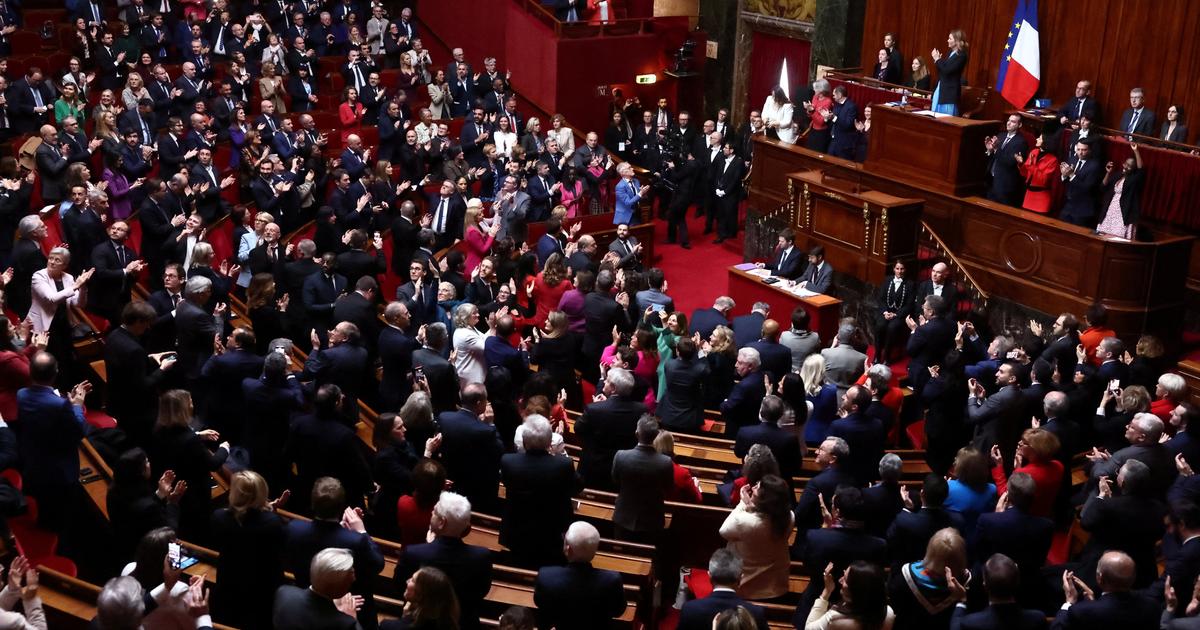Colombia, Mexico and Argentina have taken important steps in women's access to abortion in the last year.
There was also a big push back when the US Supreme Court overturned the Roe v Wade ruling.
In Venezuela, this 2022 is marching again on the Global Day of Action for Legal, Safe and Free Abortion, with much still to be achieved, but with the feminist movement united in the Ruta Verde platform, which fights for the decriminalization of abortion pregnancy volunteer in a country that, along with Peru, Paraguay, Costa Rica and Guatemala, has the most restrictive legislation in the region.
In these countries it is only admitted in case of risk to the mother, but in Venezuela, even with that cause, all abortions are done clandestinely.
Ruta Verde mobilized this Wednesday in Caracas to introduce a bill on sexual and reproductive rights, which repeals articles 430, 431, 433 and 434 of the Penal Code that impose prison sentences on those who abort and accompany the procedure.
It also establishes guarantees on comprehensive sexual education, access to contraceptive methods, prevention of sexually transmitted diseases, family planning and free, safe and accompanied abortion, the message that the banners of the dozens of women who walked through a avenue in the center of the capital to the seat of the Legislative Palace.
“Abortion yes, abortion no.
I decide that!”
was one of the slogans that chanted the large demonstration that brought together dozens of activists.
Others went directly to Nicolás Maduro who has called on television for women to give birth to up to six children.
"Maduro, I don't feel like giving birth to children for the country," they responded on banners to the Chavista president.
In this series of photographs, women portrayed together with decorative and graphic elements that led to the march for the decriminalization of abortion, in Caracas (Venezuela). Andrea Hernández Briceño
Andrea Hernandez Briceno
Andrea Hernandez Briceno
Andrea Hernandez Briceno
A year ago, the women managed to get the issue at least on the deputies' agenda.
A group of activists was in a Parliament committee and they agreed to create mixed groups to work on the issue, incorporating legislators from the Education and Cults and Religions committees.
Two years ago, the educator and human rights defender Vanessa Rosales was imprisoned for nine months for having helped one of her 13-year-old students to have an abortion after being raped.
She was charged with crimes of a law on terrorism.
Until now, neither the project presented by the activists has passed a public consultation in Parliament nor have the conditions changed so that raped women and girls can abort legally and safely.
Ruta Verde works to collect more than 20,000 signatures to introduce the bill as a popular initiative, established in the Constitution.
In a month they got more than half.
“In the proposal we propose that access to free and safe abortion be guaranteed in cases where it is legally permitted, which gives us support to move towards decriminalization or legalization, since it is considered one of the sexual and reproductive rights,” comments Laura Cano, coordinator of the Green Route.
“In addition, we propose to repeal those articles that have made abortion a crime for 120 years.
In Venezuela it is only allowed in case the life of the pregnant person is at risk, something that leaves that decision to the doctors and that is not known how to put into practice.
The legal proposal of the green movement also incorporates guarantees for free sexual association and also incorporates the term pregnant persons, which includes trans men.
But like other legislation such as that of same-sex marriage, also presented with tens of thousands of supporting signatures in 2014, it faces obstacles such as social penalties.
“The main one is machismo, misogyny, the patriarchy that permeates all of the country's politics, regardless of the political banner it has in the National Assembly.
Although progress has been made in recognizing the right of women to a life free of violence, in transforming this and allowing abortion as a fundamental right we still have a great debt”.
One woman puts makeup on another before starting the march. Andrea Hernández Briceño



/cloudfront-eu-central-1.images.arcpublishing.com/prisa/HHTRNM3D5ZEDNG3IOS42S5WS4E.jpg)





